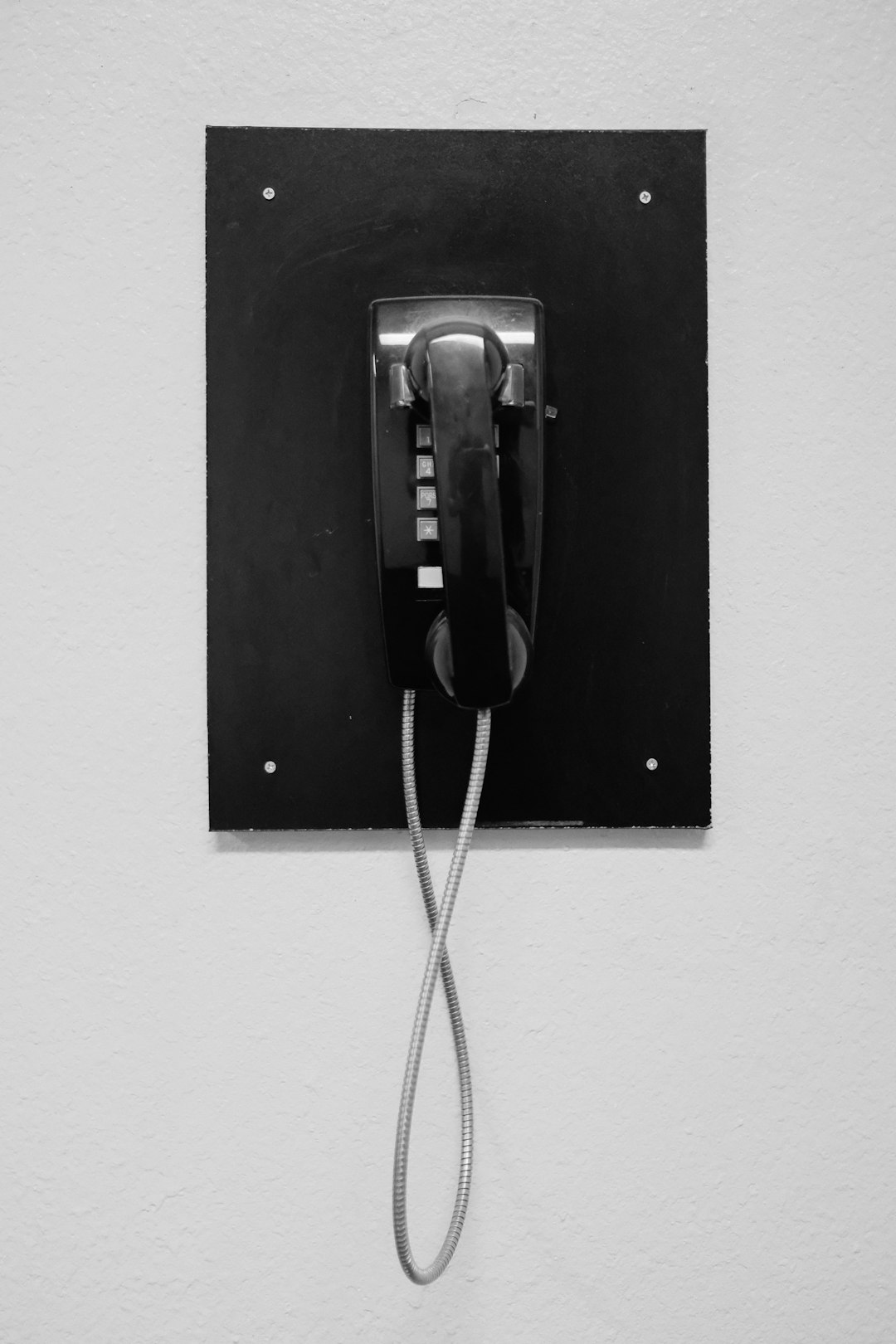North Carolina's "Do Not Call" regulations protect residents from unsolicited marketing texts, especially from law firms. To avoid fines, consumers should report spam messages, document details, and verify senders through the National Do Not Call Registry and local authorities, contributing to a safer digital environment for all.
“Unwanted text messages, or spam, can be a nuisance and a violation of privacy. In North Carolina, consumers are protected by the state’s robust Do Not Call laws, which include provisions for mobile devices. This comprehensive guide will walk you through identifying and reporting spam texts step-by-step, empowering you to take action against unsolicited messaging. We’ll delve into North Carolina’s Do Not Call regulations, helping you understand your rights and how to protect yourself from unwanted marketing messages.”
Understanding North Carolina's Do Not Call Laws

In North Carolina, consumers are protected by state laws that regulate telemarketing and unsolicited text messages, commonly known as the “Do Not Call” laws. These laws aim to give residents control over their phone lines and reduce the number of unwanted marketing calls and texts. The Do Not Call law specifically prohibits businesses, including law firms, from making telephone solicitations or sending spam text messages to North Carolina residents who are on the state’s Do Not Call list.
To understand these regulations, it’s essential for both consumers and law firms to recognize that North Carolina has strict rules regarding commercial texts. Law firms operating within the state must ensure they obtain proper consent before texting marketing materials to potential clients. Failure to comply with these laws can result in significant fines, emphasizing the importance of being aware of one’s rights and responsibilities under the Do Not Call laws in North Carolina.
Identifying and Reporting Spam Texts

Identifying spam texts is the first step in the reporting process. These unwanted messages often appear as promotional or advertising content, usually with a pushy tone and a lack of consent from the recipient. They may claim to offer exclusive deals, cheap services, or even threaten legal action, which is why it’s crucial to recognize these red flags.
When you receive a spam text in North Carolina, don’t engage with the sender by calling or replying. Instead, take note of the number and any suspicious details. Most mobile operating systems have built-in features or third-party apps that allow you to report such messages directly to your service provider or relevant authorities. Remember, avoiding contact is essential when dealing with potential spam, especially when it involves threats or law firm impersonation, ensuring your safety from Do Not Call laws in North Carolina.
Taking Action: Your Step-by-Step Guide to Reporting

Taking Action: Your Step-by-Step Guide to Reporting Spam Text in North Carolina
If you’re receiving unwanted spam text messages, don’t just ignore them—take action! Reporting spam is an important step not only to protect yourself but also to help regulate the practice in your state. Start by saving the message along with any identifying information like phone numbers or senders’ names. Next, identify the sender as a spamer by checking if they’re on the National Do Not Call Registry and if the messages contain promotional content or links.
Once you’ve confirmed it’s spam, file a report with the North Carolina Department of Justice. You can do this online through their official website or by filling out and submitting a paper form. Include all relevant details, such as dates and times of receipt, message content, and any attempts to opt-out. Remember, by reporting spam, you’re contributing to a cleaner digital environment for yourself and your fellow North Carolina residents, while also avoiding the temptation to respond—a crucial step suggested by experts to avoid engaging with spammers.






